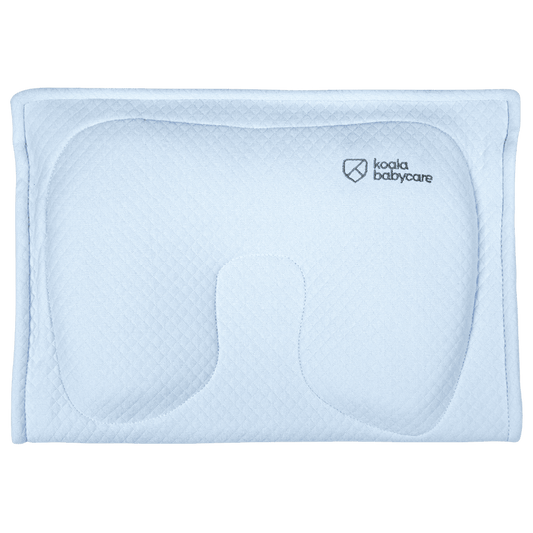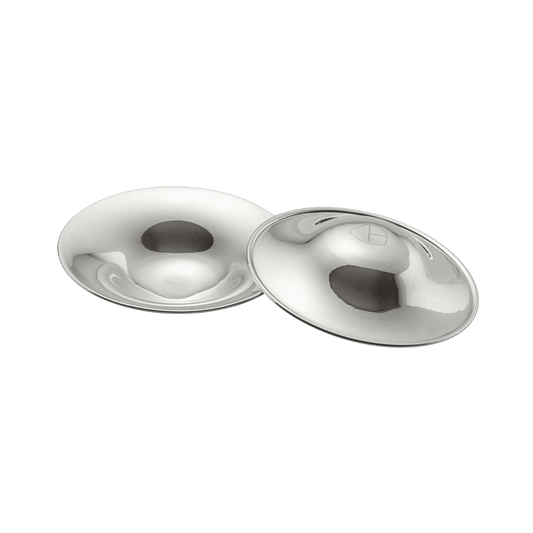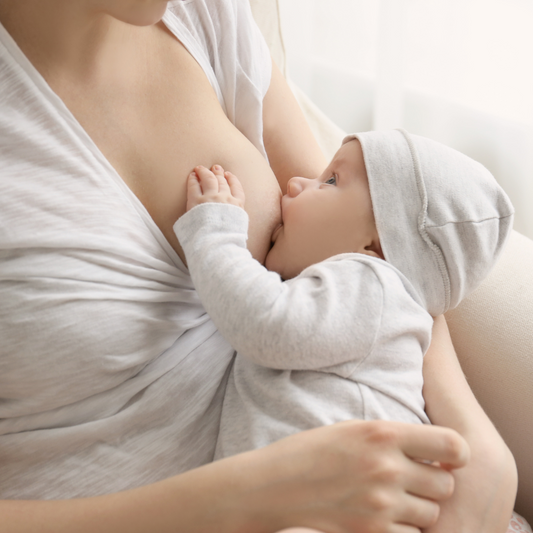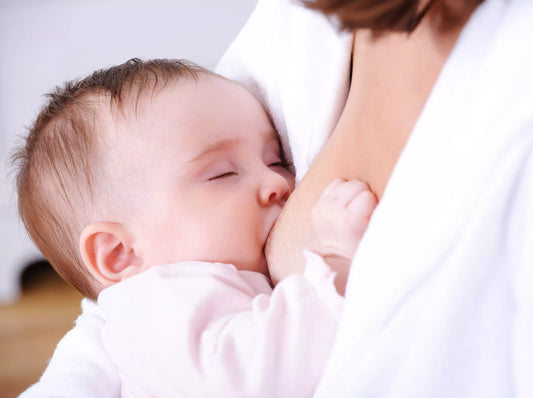Breast milk is considered the ideal food for a new-born baby since it contains all the necessary nutrients for the baby in just the right amount. Breast milk has many advantages, both for the mother and the baby, but to start this nurturing journey in the best possible way, you should know what diet to follow while you’re breastfeeding your baby.
What we do know is your milk is an exceptional source of nutrition for your child, but, what about you? What should you be eating in such a delicate time as the first months of motherhood?
To do’s on food while breastfeeding
First of all, we have to make a clarification that affects all suggestions we are about to make about food while breastfeeding.
In order to produce milk, your body needs a huge amount of nutritive substances (especially proteins, and also vitamins and mineral salts), and a large amount of water as well (more than half a liter a day just to produce milk). Plus, this process burns nearly 500 calories a day!
Therefore, your diet must provide your body with everything it needs to generate a sufficient quality of nutritious milk, making you regain the energy breastfeeding requires.
What to eat while breastfeeding
The good news is that there aren't really any set rules about what to eat while breastfeeding. You will have to follow a varied diet, balanced from a nutritional point of view and abundant for both you and your little one. In fact, we advise you to eat 5 times a day: 3 meals and 2 snacks in between meals.
Some foods that should not be missing on your dish are: whole grains, white meat, eggs, legumes, blue fish rich in Omega 3, fruits and veggies (don’t go overboard with fruit intake, lest you end up taking too much sugar). A bit of everything, as you can see. Having a varied diet will also be beneficial when it comes to weaning, because your baby will be used to different flavours too.
If during the first months as a mum, you fond cooking too hard, do not give into the power of ready-to-eat meals with very little nutritional contribution. It is much better to prepare quick dishes, but healthy at the same time, such as scrambled eggs with spinach, or a chicken salad and whole wheat bread.
When it comes to portions, eat enough to be satiated, do not forget that you will need 500 calories alone just to produce milk… they better come from somewhere!
In between meals, even while breastfeeding, remember to drink at least 2.5 litres of fluids.
Try to drink water and sugar free herbal teas. Sometimes, after birth, a new mum can have a vitamin deficiency, even if you are being attentive to your diet. Vitamin B12 and Vitamin D are a fundamental part of the child's nutrition, so if you find yourself in this situation, you can ask your doctor to prescribe some vitamin tablets for you.
Foods You Should be avoiding While Breastfeeding
Actually, the question new moms ask themselves is "Are there any foods to avoid if I'm breastfeeding?"
To your relief, the answer is there are actually no specific foods which are a no-go. However, since everything you eat is transferred onto your milk, there are some rules you can follow to limit the effect of some foods, for instance:
- Don't drink more than two cups of coffee a day to avoid the risk of over-exciting your little one.
- Limit your alcohol intake until your baby is three months old. Afterwards, you can start drinking a glass of wine or a beer from time to time.
- Avoid spirits: high amounts of alcohol can reduce milk production and your baby may stay hungry and not eat enough.
- Some foods can alter the taste of milk and your baby may not like them: if you notice any negative reactions, remove these foods them temporarily from your regular diet. Foods that normally have a strong flavour are: asparagus, onion, garlic, smoked fish and spices.
Some say that cayenne pepper is not a food to include in the diet if you are breastfeeding, but it is another myth ... If you like spicy, there is no reason to avoid it. If you see that it bothers your baby remove it from your diet and see what happens.
What to eat while breastfeeding to prevent your baby from having colic
Colic, which manifests itself with inconsolable cries or fusses frequently for a prolonged period of time, is very common in new-borns, especially during the first three months of life.
It is believed that this discomfort is due to the presence of air in their tummy or may be due to digestion problems. Moreover, it is even said that colic might depend on what the mother eats while breastfeeding ... but this is another false myth, since only in a small percentage of cases the cause of colic is due to the mother's diet. As a general rule, colic is a physiological phenomenon, probably due to the fact that the intestine is not yet ready for food.
It is said that, to avoid colic, the mum cannot eat dairy, peanuts, soy, walnuts, and grains. The reality is that unless you or your baby are intolerant to these foods, you can safely have them.
Something you can do if your baby has colic is to give them a tummy massage and… just be patient!
Curiosities about breastfeeding
About breastfeeding, as well as about so many other aspects of motherhood, you hear about everything... but not everything we hear is true. We've already stated that some things are pure misbeliefs, but we want to clear up a couple of other things, because we know how confused a new mom can be.
What to eat while breastfeeding to increase milk production
How many times have you heard ... "beer makes you produce more milk" Or, that cow's milk increases the production of breast milk? These two beliefs are just myths!
The truth is that, to this day, it is not proven that there is something you can eat while breastfeeding to increase milk production. The only things that affect the amount of your milk supply are that the baby latches correctly onto your breast (which helps prevent cracked nipples) and also, breastfeeding when the baby is hungry, without skipping any feedings.
Does breastfeeding make you lose weight?
We have already told you that, in order to produce food for the new-born baby, your body consumes almost 500 calories a day... so we can say: yes, breastfeeding makes you lose weight!
This is not the time to go on a diet, your diet is vital for your baby, the natural course of the process will make you lose the pounds you have gained during pregnancy and you will be back in shape in a heartbeat.
As you have seen, there are not many rules about food intake during breastfeeding, but there are plenty of false myths that spread around! With this article, we hope we have clarified some of your ideas about an act that’s so natural and so full of love.








